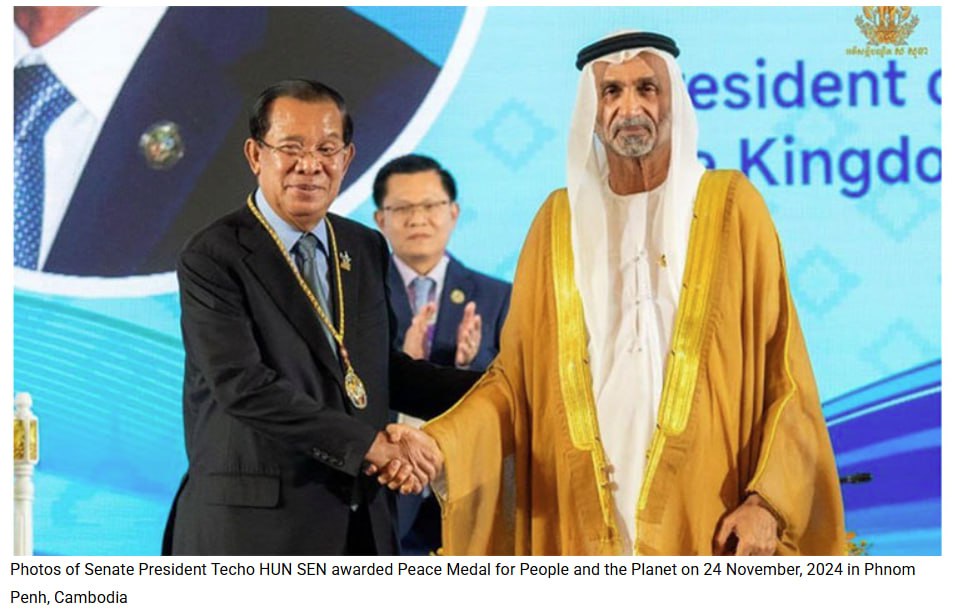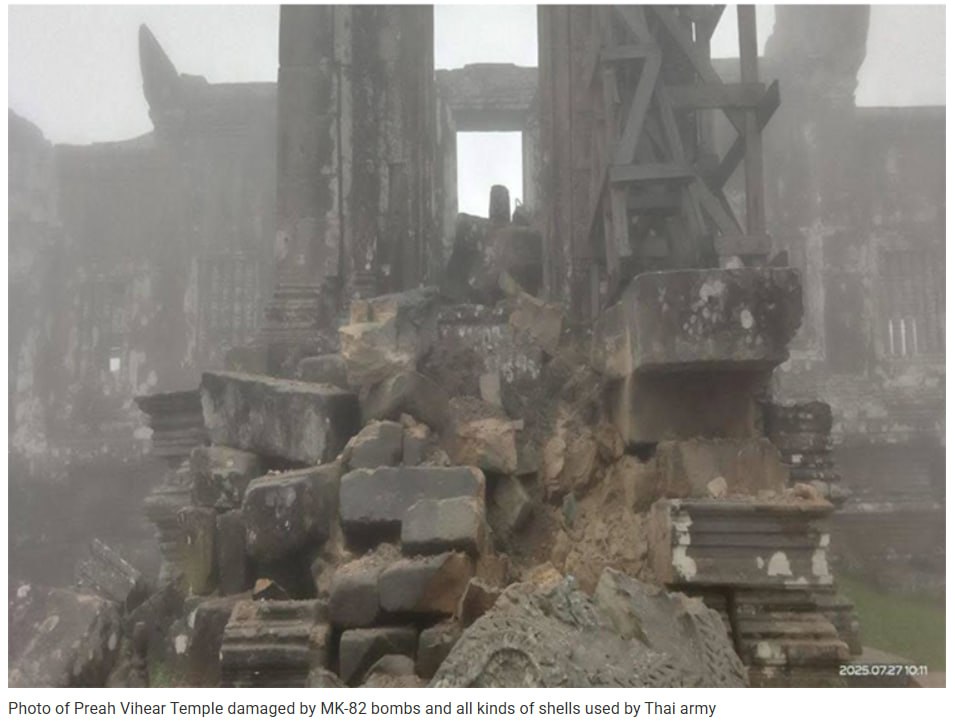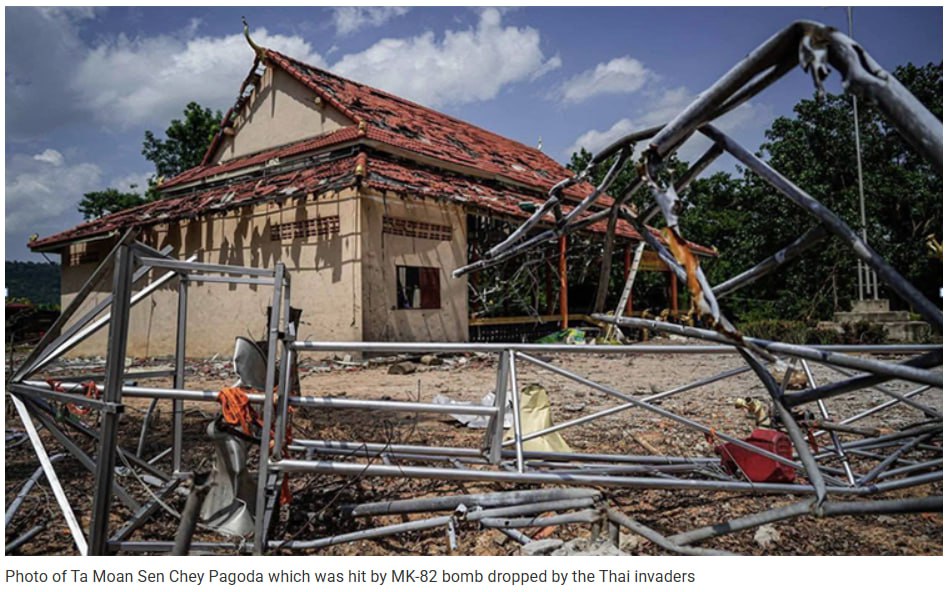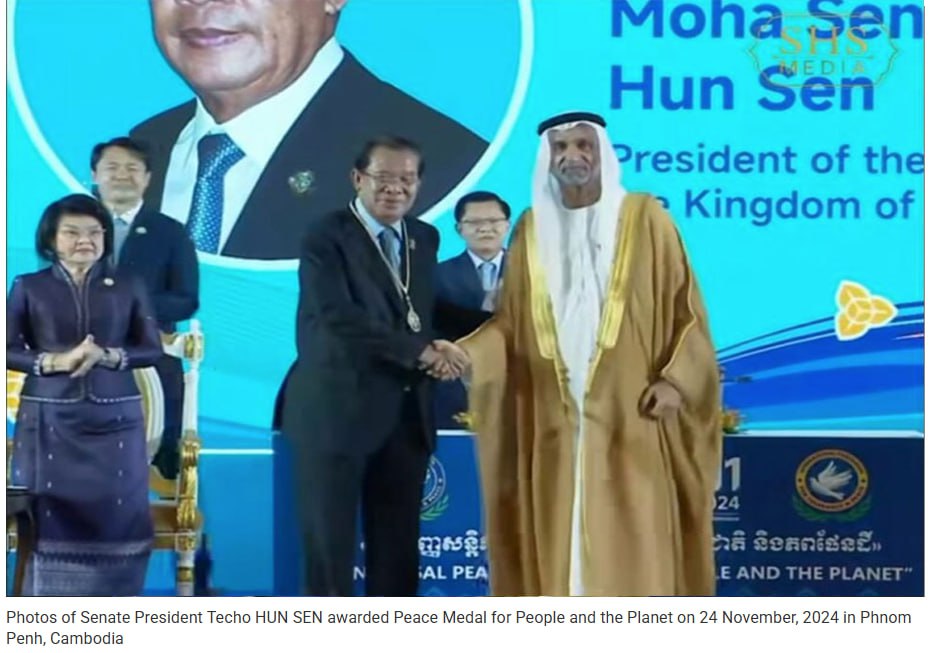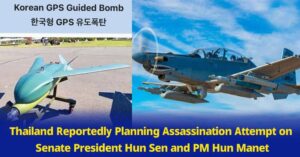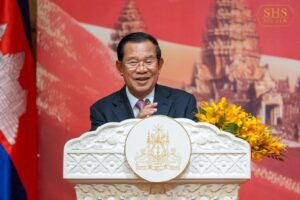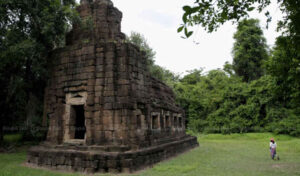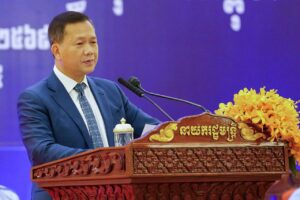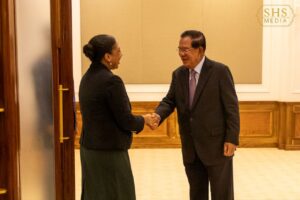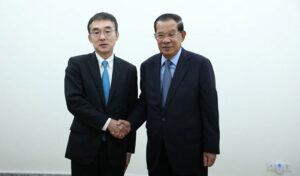Opinion: Thailand’s misperception of Cambodia
Decades of accusatory anti-government media acting as judges and investigative prosecutors have cemented the narrative of Cambodia as a backward country under a dictatorship, where people lack education and are denied the freedom of expression.
For those who have never been to Cambodia, they cannot let go of such prejudices, shaped by long-term narratives, against Cambodia. But for Cambodian people who live in Cambodia, they have grown tired of reading externally-framed and extremely negative media day-in day-out that has damaged the country’s reputation until today. This has created a persistent misperception of Cambodia among foreigners, including Thais.
1. The thought that “Cambodia is under a dictatorship and its people cannot speak or think differently from the Government”
There is an entrenched misperception among Thais who have never been to Cambodia that Cambodia is under a dictatorship and that the people are blindfolded by the centrally controlled media.
In fact, Cambodians have a wide range of media to choose from. In a country where social media is so prevalent, it is difficult – impossible – to suppress diverse opinions into one single opinion. The only way to do this is to completely shut down social media, and Cambodia has never done that.
With a growing number of people benefiting from better education, greater exposure abroad, and a youth who considers mastering new technologies “cool,” the new generation of Cambodians is a cautious reader. They don’t believe easily. They may not be as expressive or loquacious as political activists expect, but they are silent and critical observers. They understand what is good and what is bad for Cambodia.
They broke their silence when national territorial integrity was at stake, when the peace that Cambodia had enjoyed uninterruptedly for 26 years was at stake.
The recent peace rally in Phnom Penh and the enthusiasm of Cambodians from all walks of life to donate to frontline soldiers and war evacuees do not seem to suggest government-imposed action. They volunteered to do so. They did so wholeheartedly. Tens of thousands of rally supporters were predominantly from the younger generation, and they mobilized not to continue the war, but to end it.
Cambodia’s unity is consistent, from the highest level, His Majesty the King, to the grassroots people and civilian movements. This unity is based on the desire for Peace.
There is no blockage of access to media like what Thailand is doing. For instance, the Bangkok Post and the Nation have blocked access for Cambodian readers.
Cambodian newspapers like the Khmer Times and the Phnom Penh Post also received massive attacks from Thai netizens but they nevertheless chose to open their outlets for Thai readers so that the latter can balance their reading vis-à-vis the narratives created by the Thai government and military.
2. The thought that “Thailand helped Cambodia in the past and now Cambodians shoot at them”
It is an indisputable fact that Thailand assisted in Cambodia’s peacebuilding in the 1980s and 1990s.
At the special lecture at the ASEAN Secretariat on 5 May 2025, Samdech Techo Hun Sen expressed his gratitude toward ASEAN, including Thailand, for their indispensable contribution to Cambodia’s peace process.
“At this point, I acknowledge that Cambodia owes a great deal to ASEAN. We must never forget that ASEAN played a significant role in Cambodia’s peacebuilding process, although Cambodia was not a member of ASEAN at that time. Consider how vital was the role of Thailand in hosting Cambodian refugees and facilitating the return of nearly 400,000 displaced individuals? Why was His Excellency Chavalit Yongchaiyudh willing to facilitate negotiations between Cambodian different factions both in Thailand and even in Japan? Why was Indonesia willing to provide a negotiation platform for Cambodia? And why was His Excellency Ali Alatas willing to step in and act as a mediator in a conflict far from his own country and without a direct impact on its national security? These actions reflect a shared sense of regional responsibility – an institutional spirit that transcends national interests and borders. It exemplifies the use of soft power, the power of negotiation without resorting to gunfire, and relying instead on multilateralism with engagement from multiple stakeholders.”
Contribution to peace process and refugee repatriation were noble acts by Thai government and people.
But showing gratitude does not mean that Cambodia should cede its land and temples to Thailand.
There is no other word to describe Thailand’s actions than invasion: when Thailand attacked the Preah Vihear temple, which the International Court of Justice determined belonged to Cambodia in two separate rulings in 1962 and 2013; when Thailand extended the battlefield from Preah Vihear and Oddar Meanchey provinces to Pursat province; when Thailand used F-16 and Gripen fighter jets to drop massive bombs like the MK-84 and penetrate deep into Cambodian territory; when Thailand continues to use its unilateral map to claim territory and justify its military actions.
Thailand accused Cambodia of attacking civilians, but bullets cannot distinguish between civilians and military personnel, or between different age groups. Despite having more modern weapons and guidance systems, Thailand has attacked pagodas, schools, hospitals, etc., which are by no means military targets.
3. Troubling signals from Thai media and thinkers
The author has been concerned about the complete absence of calls for peace from the community of Thai media and thinkers. The Cambodian media published opinions daily related to the appeal for peace. Some Cambodians are not writers, but they expressed their worries and concerns for the well-being of the country and its people, and they wrote to advocate for peace.
On the contrary, while it is necessary for the Thai media to justify the country’s actions, it is worrying that Thai journalists and thinkers have not called for peace.
While the Cambodian people have shown enthusiasm for the ceasefire, the possible restoration of peace, and the normalization of borders, the same enthusiasm is not found among the Thai media and thinkers.
Media and thinkers are considered as opinion leaders.
Expressing voices for peace is a noble conduct for humanity, not to serve any political agenda or purposes. It is worrying that Thai media and thinkers are not promoting a peace agenda and that the freedom of expression that Thailand often boasts as superior to Cambodia is not serving the goals of democracy, peace and peaceful resolution of conflicts.
The only conclusion we can draw is that the Thai people and media seem dissatisfied with the peace with Cambodia. But this is not a conclusion we want to draw. We want Thai media and thinkers to prove the opposite.
The author Chan Kunthiny is a Phnom Penh-based geopolitical and security analyst. The views and opinions expressed here are the author’s own.